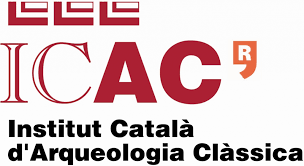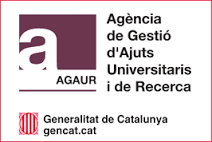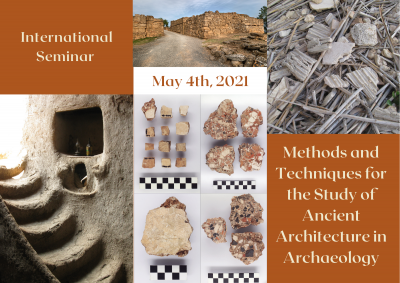
We are pleased to invite you to the International Seminar “Methods and Techniques for the Study of Ancient Architecture in Archaeology”.
The ICAC research team on Protohistoric Archaeology, led by ICREA researcher Maria Carme Belarte, is organizing an international seminar on the study of Ancient Architecture in Archaeology, on May 4th.
The purpose of the seminar is to show the existing multitude of disciplines and methods that can be applied to the study of Ancient Architecture, as well as to try to break the compartmentalization between research teams that work over a certain period since many of these techniques are transversal and can be applied to different periods and types of archaeological remains.
A scientific event focus on methodological, multidisciplinary, and transversal aspects of the study of Ancient Architecture in Archaeology.
The seminar aims to show the practice of transversal study techniques that can be applied to different types of built structures, of very different chronologies, of different nature: domestic architecture, but also monumental, erected with natural and traditional materials, and also with materials from complex anthropic elaboration.
We will know different disciplines and specializations that have in common the power to apply themselves to the study of architecture as an object of study of archeology; either from approaches with an older tradition within the framework of archaeology (such as macroscopic observations or those of an ethnographic or ethnoarcheological type), as from physicochemical analysis techniques developed in recent decades, or new technologies.
The International Seminar “Methods and Techniques for the Study of Ancient Architecture in Archaeology” is organized by Dr Maria Carme Belarte (ICREA-ICAC) and Dr María Pastor Quiles (Juan de la Cierva researcher at the ICAC).
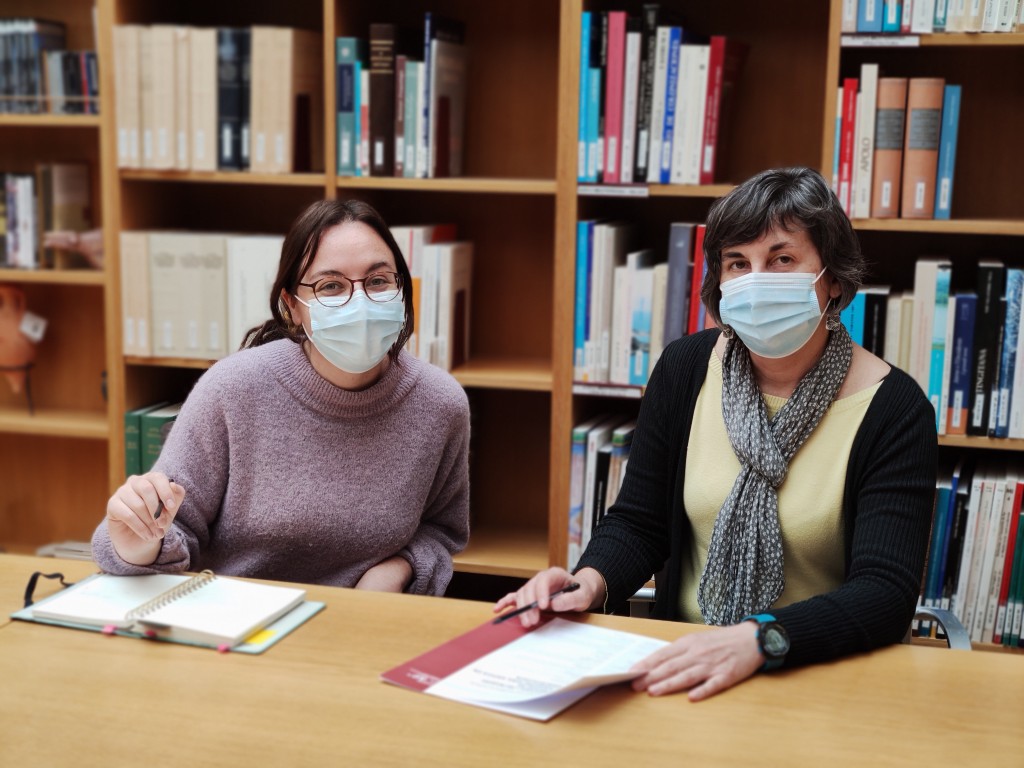
The program includes eight communications and three spots for discussion and questions. There will be the participation on a dozen of experts, from six academic institutions (from Spain, Germany and Mexico), of outstanding international prestige in the field of archaeology, architecture and restoration. They share the object of study: the architecture as human production studied from the archeology.
The architecture as human production studied from the archaeology.
The seminar is aimed at students, professionals, research and academic staff from the fields of archaeology, heritage, architectural archaeology, earth construction, archaeometry or restoration. Communications will be online and open (no need to register). Join us!
Download here the PROGRAM with all schedule and information
Download here the BROCHURE
Online! Access link (Teams room)
Communications:
(9:30 – 10:00 h)
1. Huellas y fragmentos. Análisis estratigráfico de la arquitectura. Fernando Vegas López-Manzanares & Camilla Mileto (Politechnic University of Valencia, UPV).

(10:00 – 10:30 h)
2. El estudio macroscópico de restos constructivos de tierra. Maria Carme Belarte (ICREA-ICAC) & María Pastor Quiles (ICAC).

(11:15 – 11:45 h)
3. Burnt wall-paintings on mud plasters and the colour shift of iron pigments – an experimental approach. Franziska Knoll (Martin Luther University of Halle-Wittenberg, MLU).
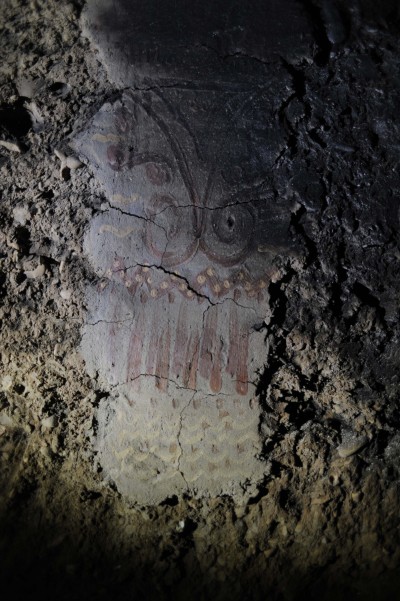
(11:45 – 12:15 h)
4. Arqueologia i arqueometria. Potencial i aportacions a l’estudi d’elements constructius de dos assentaments de la primera romanització (s. II aC). Esther Rodrigo (Autonomous University of Barcelona, UAB), Núria Romaní (ICAC-UAB) & Anna Gutiérrez Garcia-Moreno (ICAC).
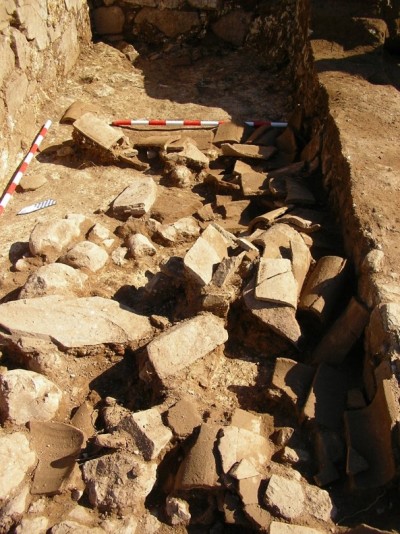
(12:15 – 12:45 h)
5. Aproximacions metodològiques a l’estudi de les fortificacions antigues: alguns exemples del món ibèric. Oriol Cuscó Badia (ICAC).
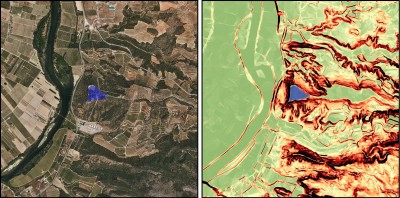
(16:00 – 16:30 h)
6. Estudis micromorfològics de restes constructives de terra. Marta Mateu Sagués (National Autonomous University of Mexico, UNAM).
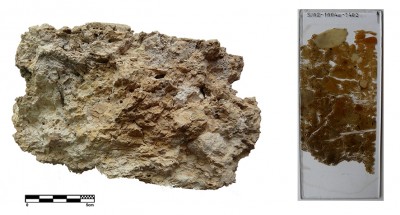
(16:30 – 17:00 h)
7. Aportes etnoarqueológicos al estudio de la arquitectura doméstica de adobe. María Correas-Amador (independent researcher).
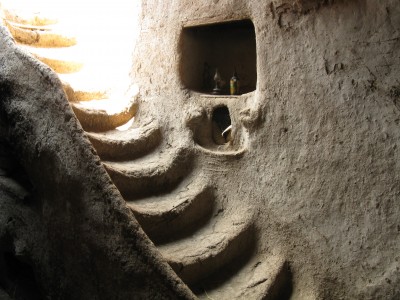
(17:30 – 18:00 h)
8. Anàlisi arquitectònica a partir dels SCMD: casos d’estudi. Josep Maria Macias & Josep Maria Puche (ICAC).

